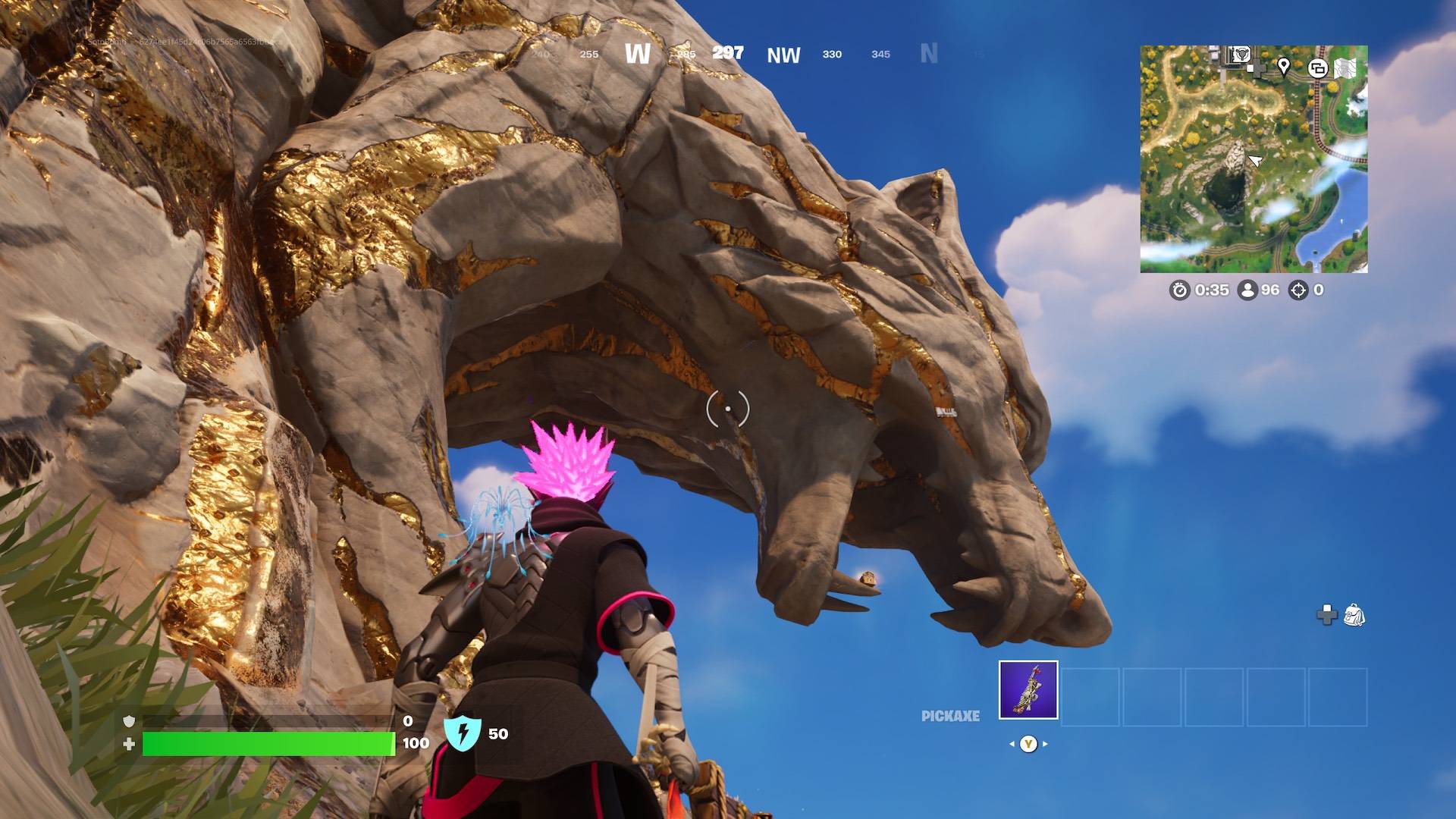"PlayStation Plus Offers Five Free Extra Days to Subscribers"
- By Alexis
- Mar 27,2025

Sony recently shed light on the cause of the PlayStation Network (PSN) outage that disrupted services for nearly a full day over the weekend. In a social media update, the company attributed the disruption to an "operational issue," but did not delve into specifics or outline measures to prevent future occurrences. This lack of detailed communication has left many users seeking more clarity on how Sony plans to safeguard against similar disruptions moving forward.
In response to the inconvenience caused, Sony has announced that PlayStation Plus subscribers will receive an additional five days of subscription time, which will be automatically credited to their accounts. This gesture aims to compensate for the disruption experienced by the gaming community.
Throughout the outage, players faced significant challenges, with over a third unable to log into their accounts. Others reported frequent server crashes, which severely impacted their gaming experience. These issues highlight the critical role that PSN plays in the gaming ecosystem, even for those playing single-player games on PC, where a PSN account is mandatory. The recent outage has reignited debates about Sony's policy requiring a PSN account for all games, as it underscores the vulnerabilities and frustrations associated with such a dependency.
This incident is not the first time PSN has faced significant downtime. A notable precedent was the massive data breach in April 2011, which resulted in over 20 days of service disruption. While the current outage is less severe, it has still caused considerable dissatisfaction among PS5 users, particularly due to Sony's limited feedback on the matter.
Latest News
more >-

-

-
- Subnautica 2: Map, Vehicles, Silent Hero Details
- Dec 30,2025
-

- Valhalla Ashes: Tips for Faster Progression
- Dec 30,2025
-

- Fortnite Ch6 S2: Secret Wolf Pack Unleashed
- Dec 30,2025



